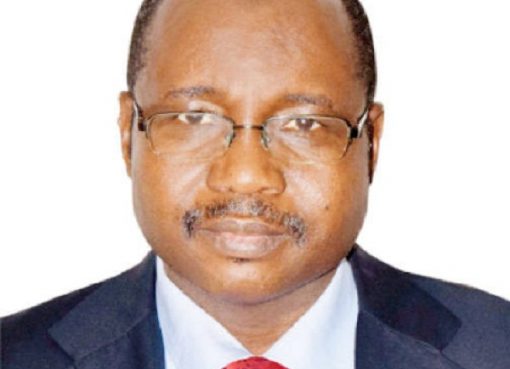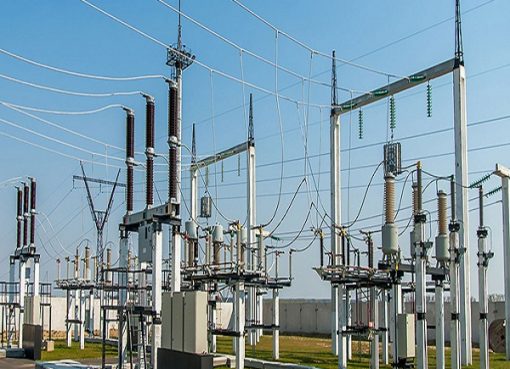The Nigerian Institute of Electrical and Electronics Engineers, NIEEE, has reiterated the need for continuous effort in the power sector in Nigeria to achieve the required status and sustainability.
The National Chairman of NIEEE, Michael Akan, an Engineer, made the assertion at NIEEE Fellows round-table meeting titled: “Power Sector: Plan, Programs and Policies for Sustainable Development”, in Lagos.
Earlier in his welcome address, the Chairman of NIEEE Board of Fellows, FNIEEE, Isaac Adekanye, also an engineer, restated that all hands must be on deck to provide sustainable energy for the teeming consumers.
He added that there should be an integrated resources planning for the power sector in Nigeria.
“Energy master plan is more crucial now than ever before, the gap in demand supply is really driving the sector.
“Global objectives of poverty reduction, job creation, increased standard of living, urban rural migration and youth participation in agriculture would only be achieved if the government provides access to rural energy,” he said.
He said that Nigeria’s journey to sustainable electric power supply would be unhindered if hurdles including effective justice and rule of law, strong political will and technology innovation were adequately surmounted.
According to him, massive looting and nonchalant attitudes must be addressed if Nigeria desires a sustainable secured electric power supply.
He maintained that technology also occupied an important position in achieving sustainable development goals.
He called for effective usage of energy data available both within and outside Nigeria to develop gas infrastructure for power generation to achieve effective economic growth.










